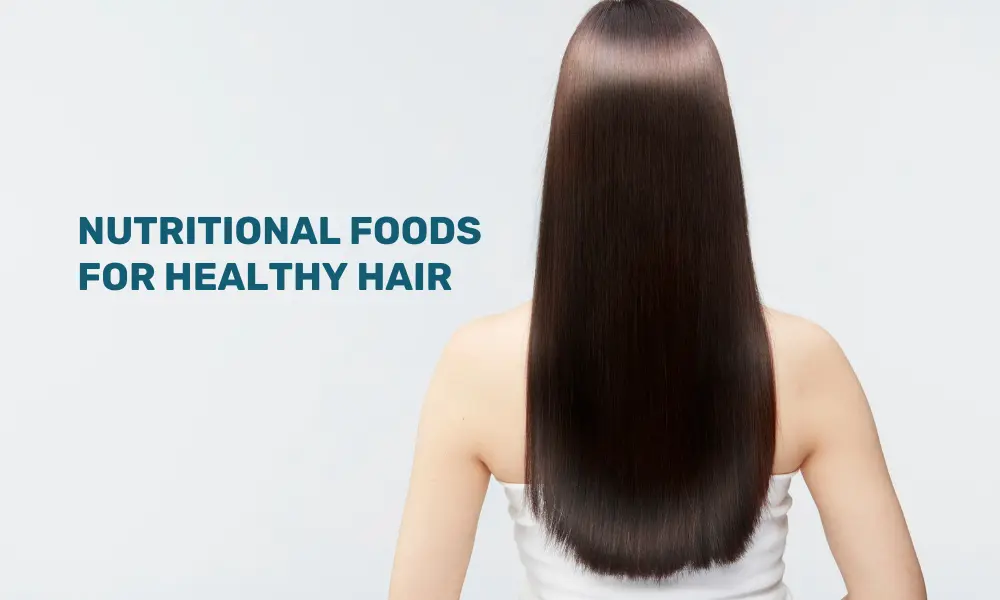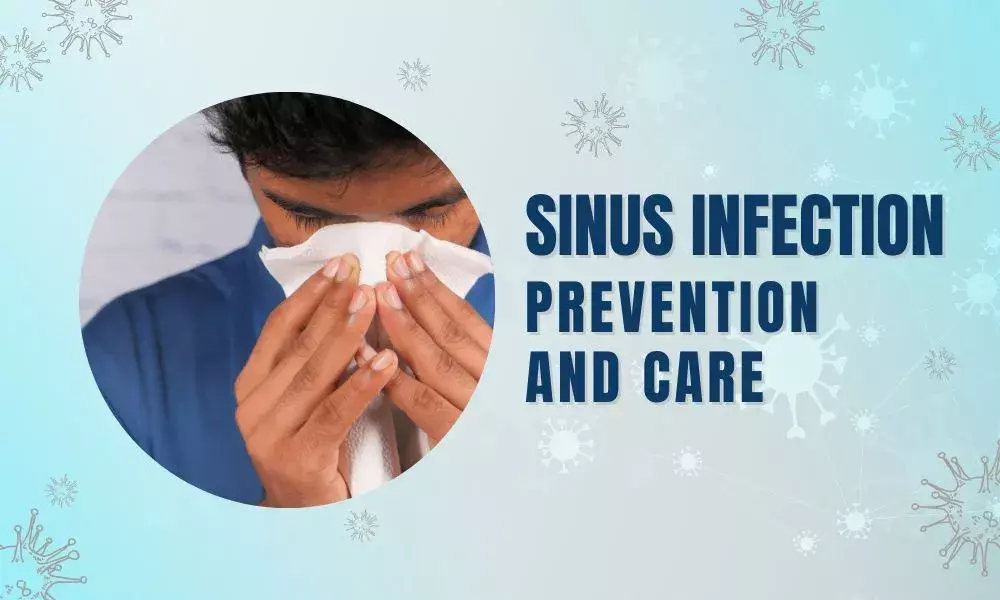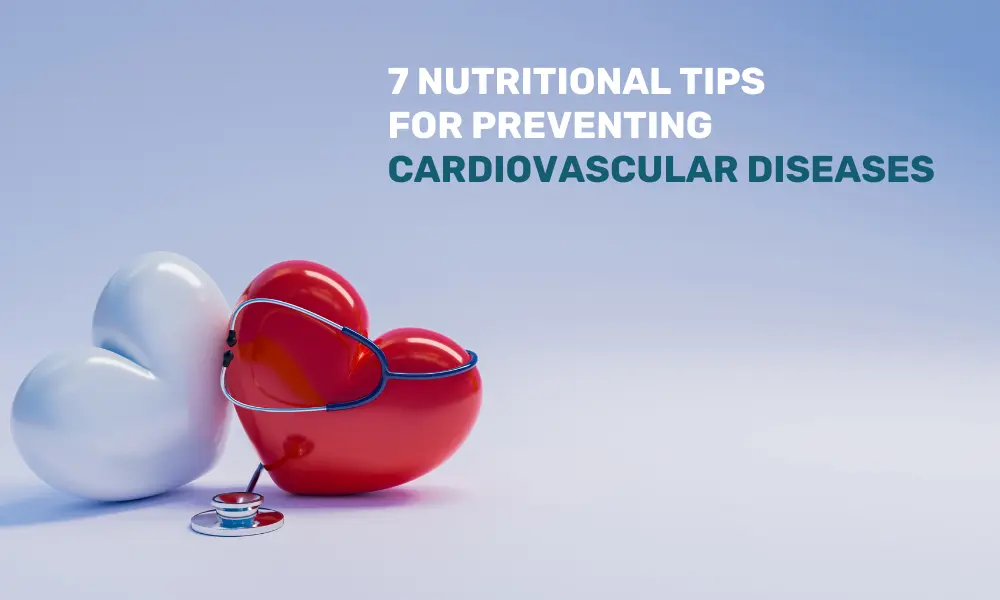Hair is often seen as a reflection of our overall health and it enhances ones appearance. After all who dose not want shiny strong hair. Although genetics, hormones, and external treatments are vital factors in determining the quality of hair, nutrition is the actual building block of healthy hair growth and texture.
Like our skin and nails, hair follicles need a continuous supply of nutrients to be healthy. Lack of essential vitamins, minerals, and proteins may result in hair loss, dryness, thinning, and dullness.
Our in-house expert, Dt. Aparna Pandey, MSC-Nutrition and Dietetics, advises that taking care of our body from within is the best way to develop strong and healthy hair.
The following are the major nutrients and foods that need to be included in our daily diet for healthy strong hair:
1. The Building Block of Strong Hair – Protein
Human hair consists mainly of keratin, a protein. Inadequate protein consumption can cause hair to become brittle, weak, and prone to breaking. Therefore one must increase the protein intake on daily basis.
Best sources:
-
Lean meat such as chicken and fish
-
Eggs (particularly whites for high-quality protein)
-
Vegetarian alternatives: soybeans, tofu, lentils, chickpeas, kidney beans, and quinoa
-
Dairy items such as paneer, milk, and curd
-
Strive to have at least one protein-rich food in each meal in order to nourish sustained hair growth.
2. Healthy Follicles – Iron
Iron deficiency (most prevalent in females) is the primary reason for hair loss. Iron assists in transporting oxygen to follicles through red blood cells. Inadequate oxygen can make hair roots weak and prone to fall out. Iron deficiency
Best food sources:
-
Variety of green leafy vegetables (spinach, kale, fenugreek)
-
Pumpkin seeds, sesame seeds, nuts
-
Legumes and lentils
-
Red meat, chicken liver, fish (for non-vegetarians)
Combining plant iron with foods high in vitamin C (like lemon, oranges, amla, or tomatoes), helps the absorption.
3. Shine and Good Scalp Health – Omega-3 Fatty Acids
Omega-3s support hair follicle health, calm scalp dryness, and provide natural shine to hair shafts. They also possess anti-inflammatory qualities and help with scalp irritation or dandruff.
Best sources:
-
Flaxseeds, chia seeds, and walnuts
-
Fatty fish (salmon, mackerel, sardines)
-
Soybeans and canola oil
Adding a small amount every day, such as a handful of walnuts or a tablespoon of flaxseeds, can make a noticeable difference in hair texture over time.
4. Growth and Strength – Biotin and Vitamin B
Biotin (Vitamin B7) is directly involved with the formation of keratin and hair growth. A deficiency in biotin will show with susceptibility to thin hair, and brittle nails. Other B vitamins, including B12 and folate, help with the formation of red blood cells which helps ensure that hair follicles continue to receive oxygen and nutrients.
Best food sources:
-
Whole grains, oats and barley
-
Green leafy vegetables
-
Eggs (especially yolks)
-
Nuts such as almonds and peanuts
-
Milk, cheese and yogurt
-
Fish and poultry for non-vegetarians,
5. Collagen and Absorption – Vitamin C
Vitamin C plays a crucial role in the formation of collagen, which helps strengthen the hair structure. Vitamin C also aids in the absorption of iron from plant sources.
Best food sources:
-
Amla (Indian gooseberry), guava, kiwi, and strawberries
-
Citrus fruits like lemons, oranges, sweet lime
-
Bell peppers and tomatoes
One easy method is to squeeze fresh lemon juice over salads or consume amla juice every day.
6. Follicle Health – Vitamin D
Vitamin D is important for the growth of new hair follicles. Deficiency levels are usually associated with hair loss diseases such as alopecia.
Optimal sources:
Exposure to sunshine for 15–20 minutes a day
Best Food source:
Fortified milk, Mushrooms, Fatty fish and egg yolks
7. Repair – Zinc and Selenium
Zinc aids in the repair and growth of tissues, maintaining healthy hair follicles. Selenium guards against oxidative damage, avoiding premature hair loss.
Best food sources:
-
Pumpkin seeds, cashews, sunflower seeds,
-
Eggs and milk
-
Whole grains and pulses
-
Seafood
8. Water for Hydration
Similar to skin, hair also requires hydration. Hair becomes dry, brittle, and develops split ends due to dehydration. Drink a minimum of 2–2.5 litres of water daily and incorporate water-rich foods like cucumber, watermelon, and citrus fruits into your diet.
The Bottom line
The introduction of any one food is not going to suddenly change hair health. It’s all about a well-balanced diet, plus staying hydrated and lifestyle choices. Aside from incorporating protein, vitamins, and minerals into your daily food choices, reducing your intake of caffeine, refined carbohydrates, and processed foods will allow the body to more fully utilize these nutrients. Stress management and adequate sleep are crucial factors in promoting healthy hair growth. Healthy hair starts with a healthy diet. When your body is provided with the appropriate fuel, healthier hair will present itself, naturally appearing stronger, fuller, and more resilient. For more such nutrition-related tips – CLICK HERE!
Disclaimer: This article is meant for informational purposes only and must not be considered a substitute for professional advice.





